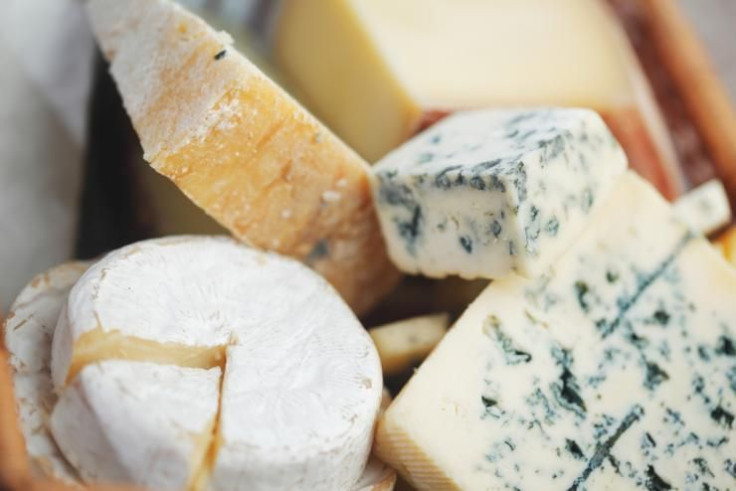
A few months ago, we learned that cheese could potentially be the key to reduce obesity as scientists at Aarhus University in Denmark began studying the fact that the French tend to have long healthy lives despite consuming diets. Most explain this phenomenon, known as the ‘French Paradox’, with wine consumption and way of life, the research showed it was thanks to cheese. Now, a new study published in the U.S. National Library of Medicine, showed that cheese can be especially addictive because of an ingredient called casein. Does this mean the two studies combined will lead us to a healthy life of addiction? We’ll let you decide.
Here’s how it works according to , casein is a protein found in all milk products, and when we’re digesting it, it releases opiates called casomorphins. Registered dietitian Cameron Wells explained what these opiates do to trigger the addiction: “[Casomorphins] really play with the dopamine receptors and trigger that addictive element.” However, as convincing as that sounds, the study asked about 500 people who completed the Yale Food Addiction Scale, designed to measure if someone has a food addiction and pizza came out as the top “addiction.” Our first thought was, “that makes sense, it’s because of the cheese, right?” It isn’t. The research indicated that the more processed and fatty the food, the more it was associated with addictive eating behaviors.
But Ashley Gearhardt of the University of Michigan in Ann Arbor, who led the study, had a real problem with the way the media passed on the message basically saying that cheese is crack and if you over-eat it you’re not to blame, especially when it comes to pizza! “I was horrified by the misstatements and the oversimplifications … and the statements about how it’s an excuse to overeat,” said Gearhardt.“Liking is not the same as addiction. We like lots of things. I like hip-hop music and sunshine and my wiener dog, but I’m not addicted to her. I eat cheese every day. That’s doesn’t mean you’re addicted or it has addictive potential.”
In addition, Joseph Frascella, a neuroscientist at the National Institute on Drug Abuse in Bethesda, Md., explained that cheese, like other foods, stimulates the reward system in the brain, but that that’s about it. “We know there are these areas of the brain, reward circuits involved in keeping us alive,” Frascella explained. So what do we think? Is there such a thing as a cheese addiction? Apparently not!
© 2025 Latin Times. All rights reserved. Do not reproduce without permission.




